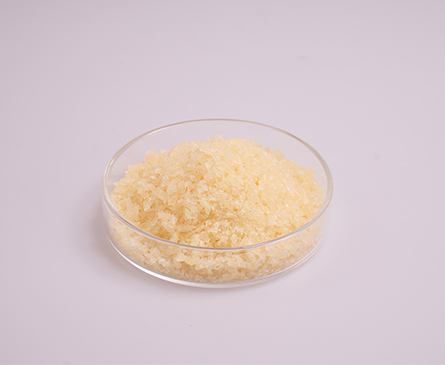Gelatin additives are pivotal in the production of hard capsules, particularly in the pharmaceutical sector. These substances serve to enhance the performance, stability, and overall effectiveness of capsules, aligning with the industry's stringent quality standards.
Gelatin, derived from collagen, is a natural polymer that possesses unique properties making it ideal for use in capsule manufacturing. One of its primary benefits is its ability to form a stable and flexible shell that protects the encapsulated content from environmental factors such as moisture and light. This protection is crucial for active pharmaceutical ingredients (APIs), as it helps maintain their potency and effectiveness over time.

In addition to its protective function, gelatin plays a significant role in the bioavailability of the encapsulated substances. The dissolution characteristics of gelatin capsules are beneficial for delivering medications effectively. As gelatin is soluble in gastric fluids, it allows for rapid disintegration and release of the API once ingested, ensuring that the drug is absorbed efficiently in the gastrointestinal tract.
Moreover, gelatin supplements can assist in achieving the desired release profiles for various formulations. By optimizing the gelatin composition, manufacturers can tailor the capsule's release rate, providing a controlled delivery mechanism that can be crucial for specific therapeutic applications. This customization is essential, particularly for drugs that require specific timing for their effects to be maximized.
Another important consideration in the use of gelatin additives is their compatibility with other excipients and API types. The selection of the appropriate gelatin type—whether derived from bovine or porcine sources—can influence the formulation's stability and efficacy, as well as address dietary restrictions or preferences in specific markets.
Furthermore, the regulatory landscape surrounding the use of gelatin in pharmaceuticals is continually evolving. Compliance with guidelines set forth by organizations such as the FDA or EMA is essential for manufacturers to ensure their products are both safe and effective. This often involves rigorous testing and validation processes to confirm that the gelatin additive meets all required standards.
In conclusion, gelatin additives for hard capsules represent a vital component in the pharmaceutical industry, significantly enhancing the performance, stability, and efficacy of drug formulations. Their unique properties not only protect active ingredients but also optimize bioavailability and compliance with regulatory requirements. By understanding and leveraging the advantages of gelatin in capsule production, manufacturers can improve their product offerings and ensure better therapeutic outcomes for patients.